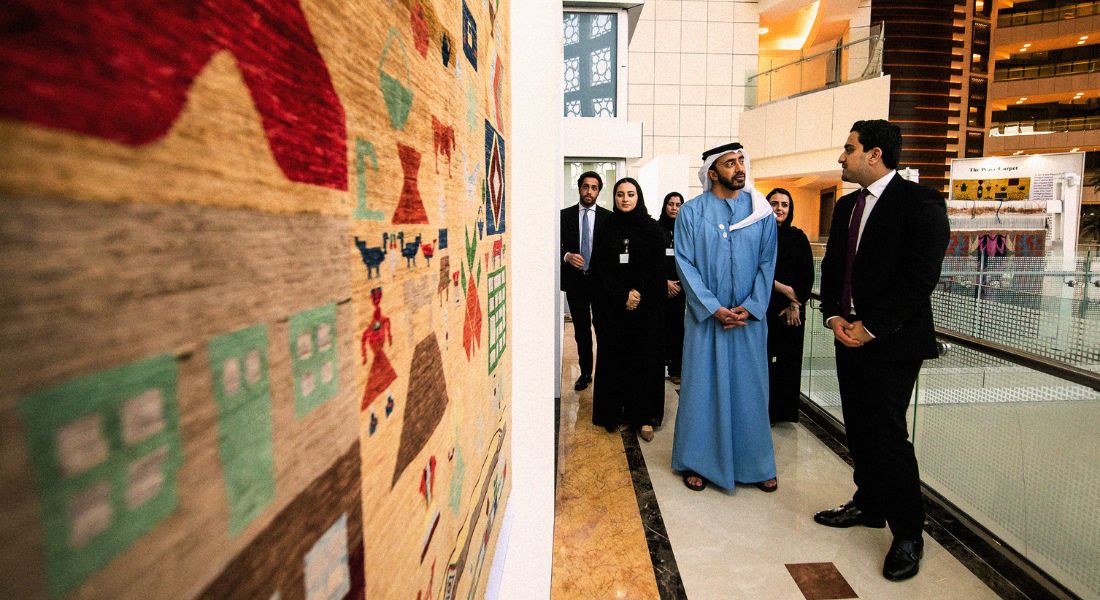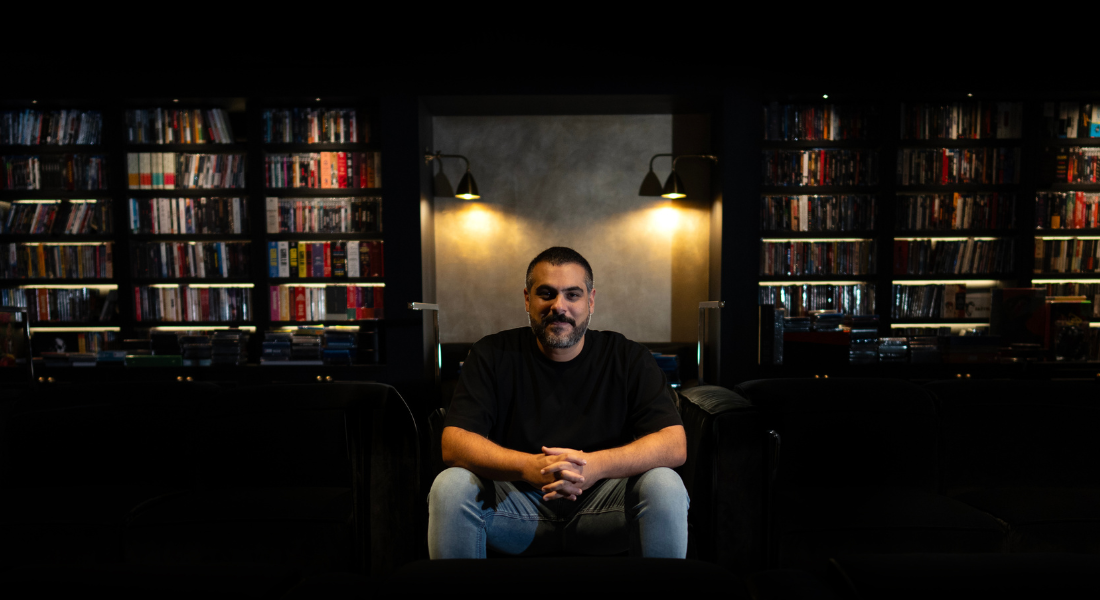
For fifteen years, the Fatima Bint Mohamed Bin Zayed Initiative (FBMI) has stood as a testament to the UAE’s global spirit, bridging the worlds of design, empowering communities, and preserving heritage.
Launched in 2010 by H.H. Sheikha Fatima bint Mohamed bin Zayed Al Nahyan, the initiative has evolved from a humanitarian vision into a global benchmark for social enterprise, one that champions craftsmanship, cultural diplomacy, education, and ethical production to create lasting impact both at home and abroad.
“Fifteen years of FBMI is more than a milestone, it’s a reaffirmation of our mission to empower, to educate, and to connect communities through creativity,” said Maywand Jabarkhyl, CEO of FBMI. “From the UAE to Afghanistan and now Tanzania, our work continues to evolve, but the foundation remains the same: people, purpose, and progress.”
Today, the Fatima Bint Mohamed Bin Zayed Initiative (FBMI) stands as the only sustainable organisation in the world supporting livelihoods in underserved areas on a global scale, having created over 10,000 jobs, educated thousands of children, and provided healthcare services to nearly two million beneficiaries, demonstrating the power of creativity to drive social change.
The Fatima Bint Mohamed Bin Zayed Initiative (FBMI) began from deep seated desire to bridge the development gap. Their first project was empowering Afghan women through traditional carpet weaving. It has evolved into a first-of-its-kind, self-sustaining organisation, built on a 360° ecosystem of products and initiatives that fund themselves through purpose-driven commerce. FBMI reinvests all profits into empowering communities through jobs, education, and healthcare.
FBMI expands its mission with Hunger, a new social enterprise in Tanzania tackling malnutrition and empowering local farmers through sustainable agriculture. Building on the initiative’s ethos of empowerment and education, Hunger extends FBMI’s impact from craftsmanship to cultivation across Africa.
FBMI’s ecosystem of enterprises embodies its mission to create self-sustaining impact across sectors and borders. From Zuleya, where traditional Afghan weaving meets contemporary Emirati design, to Mira, which empowers farming communities through sustainable agriculture, each venture tells a story of purpose and progress. Emirati District celebrates homegrown craftsmanship at Dubai International Airport, while the Diplomacy Lab fosters cross-cultural dialogue and innovation through curated talks and collaborations at Emirates Towers.
As FBMI marks its 15th year, the initiative brings its mission to life through a series of creative activations across the UAE — each reflecting its enduring commitment to craftsmanship, collaboration, and cultural exchange.
At Dubai Design Week (Nov 4–9), a playful collaboration between Mira and KNOT Bakehouse blends design and flavour with a matcha-inspired concept, while a live weaving pop-up celebrates the opening of Zuleya’s new carpet facility in Abu Dhabi.
At Abu Dhabi Art (Nov 19–22), FBMI stages its largest showcase yet — uniting Emirati and Afghan artists including Abdul Qader Al Rais, Shamsa Al Abbar, Christopher Joshua Bentham, and Khalifa Ahmed in a cross-cultural dialogue of creativity.
For UAE National Day (Dec 2–3), FBMI presents a collection of custom carpets created for the Zayed National Museum celebrations, alongside thoughtful gifting initiatives through Mira and Hunger that capture the spirit of giving at the heart of the organisation.
Finally, the Diplomacy Lab Talks return with the theme “Cultural Diplomacy in Practice”, bringing together voices from art, sport, and the creative industries for engaging conversations at Area 2071 and the Museum of the Future.

